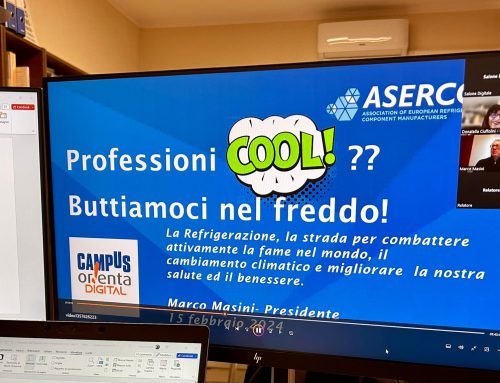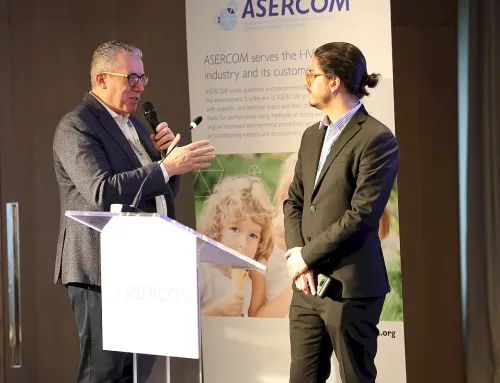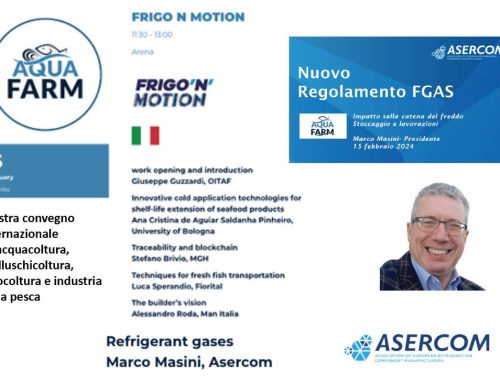“Within the discussion for the new F-Gas Regulation Revision ASERCOM provided all the needed knowledge to upscale the discussion in the context of the industry alliance. The upcoming challenges of lower GPW refrigerants while tightening efficiency requirements under ecodesign and PFAS under REACH required a new scenario made up of both low GWP and natural refrigerants” says Marco Masini, ASERCOM president in view of the next Trilogue meeting.
ASERCOM is representing the European refrigeration compressor and component manufacturers, which, by definition, support the development of any refrigeration application, in order to provide the market with the needed solutions to improve and upgrade with respect to technology changes and regulation requirements.
In order to be effective, ASERCOM deems “the F-Gas trilogue must consider all the possible outcomes of the different and complex scenarios concerning the different refrigeration technologies, covering applications in any possible environment and situation. This must include the safety of people and environment (inlucding energy efficiency), which is not a given due to more limited choices of refrigerant”.
ASERCOM has worked hard to have better definitions and propose properly deployable bans to achieve the upcoming requirements.
“Refrigeration solutions to store, process, display or dispense products at a controlled temperature, endure harsh conditions, as well as difficult environments which require bespoke solutions, not only off the shelf equipment. This has driven our proposal for a step by step approach in arriving at the 150 GWP limit, as part of the joint industry alliance where ASERCOM took the role for a technology driven approach”.
The F-Gas Trilogue has to achieve robust definitions, overcome overlapping, unclear product bans (small, plugin, self-contained, rated capacity…), and accept a step by step decrease of GWP to give industry and national coding/standardization the time for adaptation and improvement. This will alow enough time to designers and technicians to adapt to different solutions with a stronger know how on risk assessement.
“Within the industry alliance proposal we have recommended, for 2025 and 2028, manageable phase down steps, and offered a more ambitious target for not self-contained applications in specific product bans” Masini concludes.






